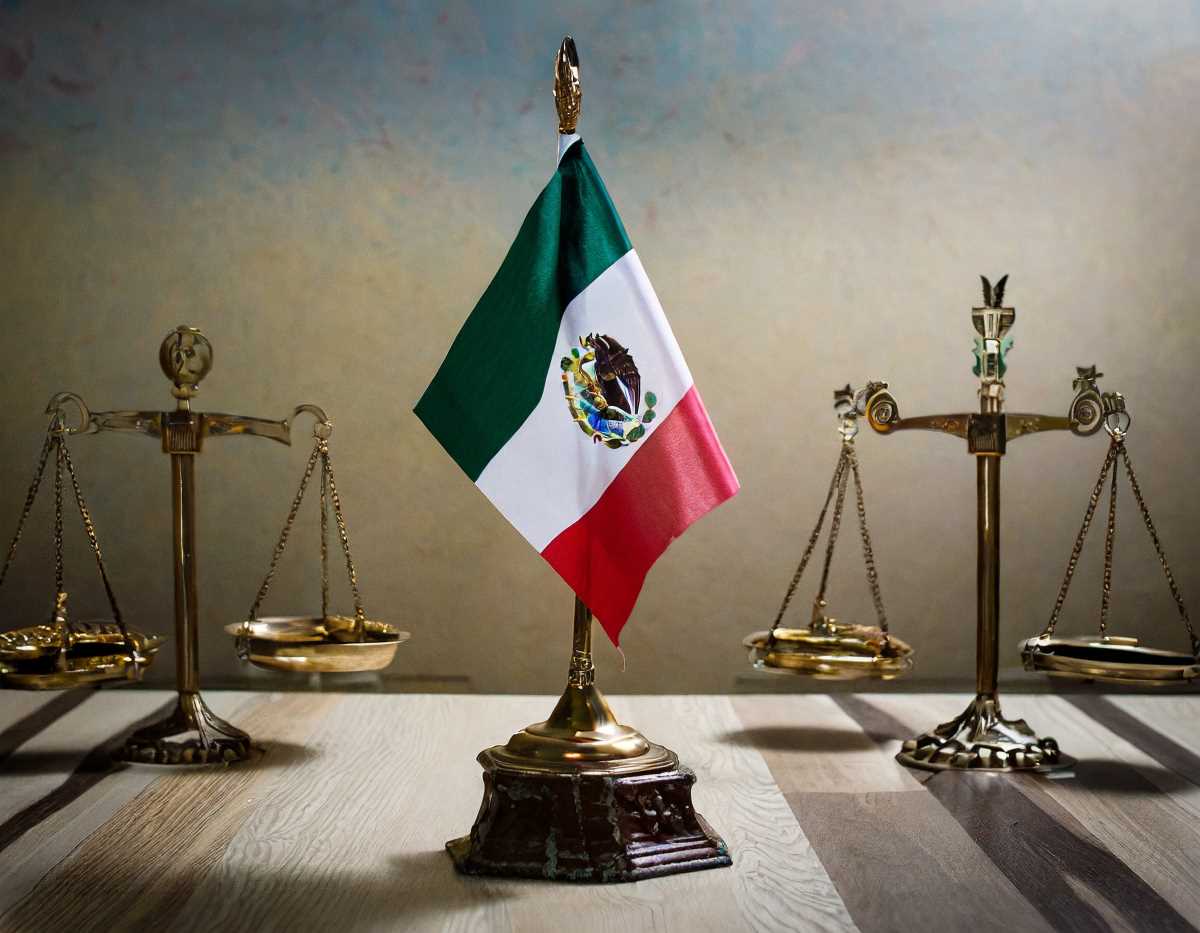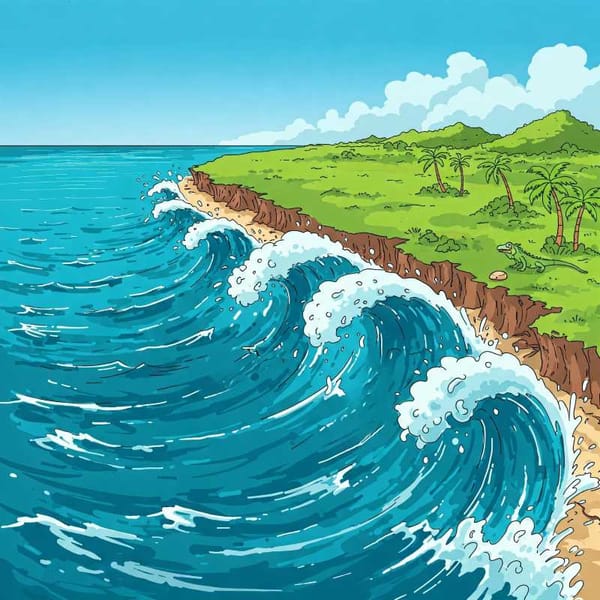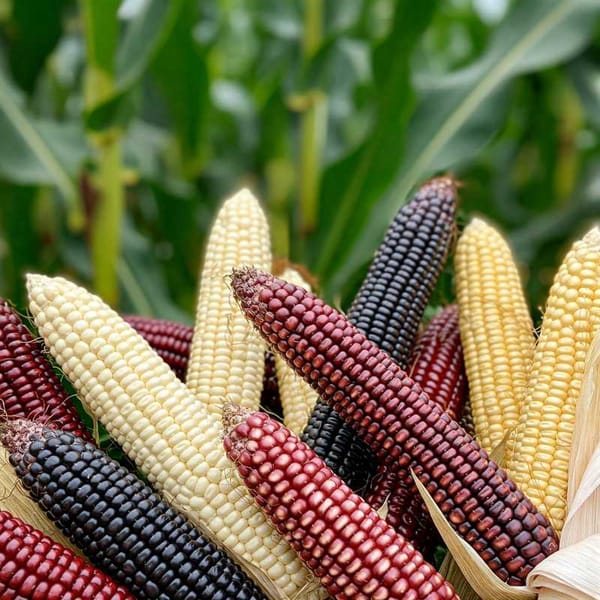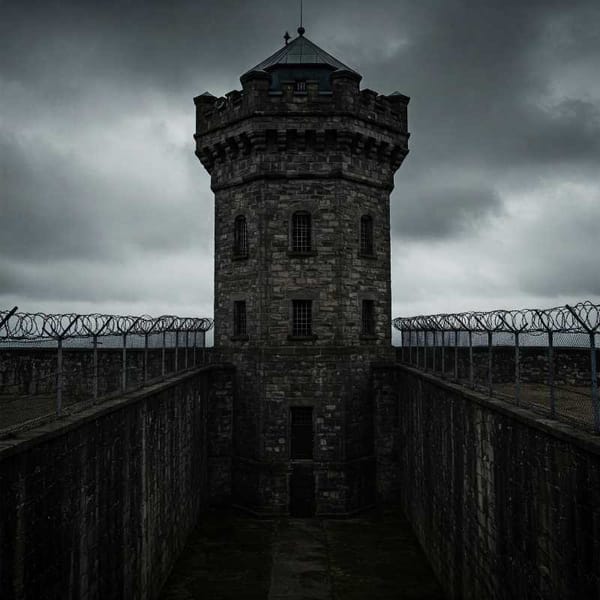Mexico's Robust Foreign Policy in the 4T Era
Mexico's 4T foreign policy, led by President AMLO, prioritizes regional alliances and global peace efforts. Key roles in CELAC, Pacific Alliance, and proactive engagement with Latin America underscore its commitment. Challenges with the U.S., migration.

In the midst of the Fourth Transformation (4T), Mexico has emerged as a key player on the global stage with a foreign policy characterized by a steadfast commitment to the principles of sovereignty and non-interference. President Andrés Manuel López Obrador (AMLO) has strategically positioned Mexico as a leader in various international forums, addressing critical issues from regional alliances to conflicts in distant lands. In this article, we delve into Mexico's diplomatic achievements, challenges, and ongoing efforts to navigate the complex web of international relations.
Regional Leadership: CELAC, Pacific Alliance, and Latin America
Mexico's diplomatic prowess has been on full display with its leadership roles in the Community of Latin American and Caribbean States (CELAC) and the Pacific Alliance. Holding the Pro Tempore Presidency of these organizations reflects Mexico's commitment to fostering collaboration and economic integration within the region. Notably, the proposal for an Alliance of Latin American and Caribbean Countries against Inflation highlights Mexico's dedication to addressing shared challenges collectively.




